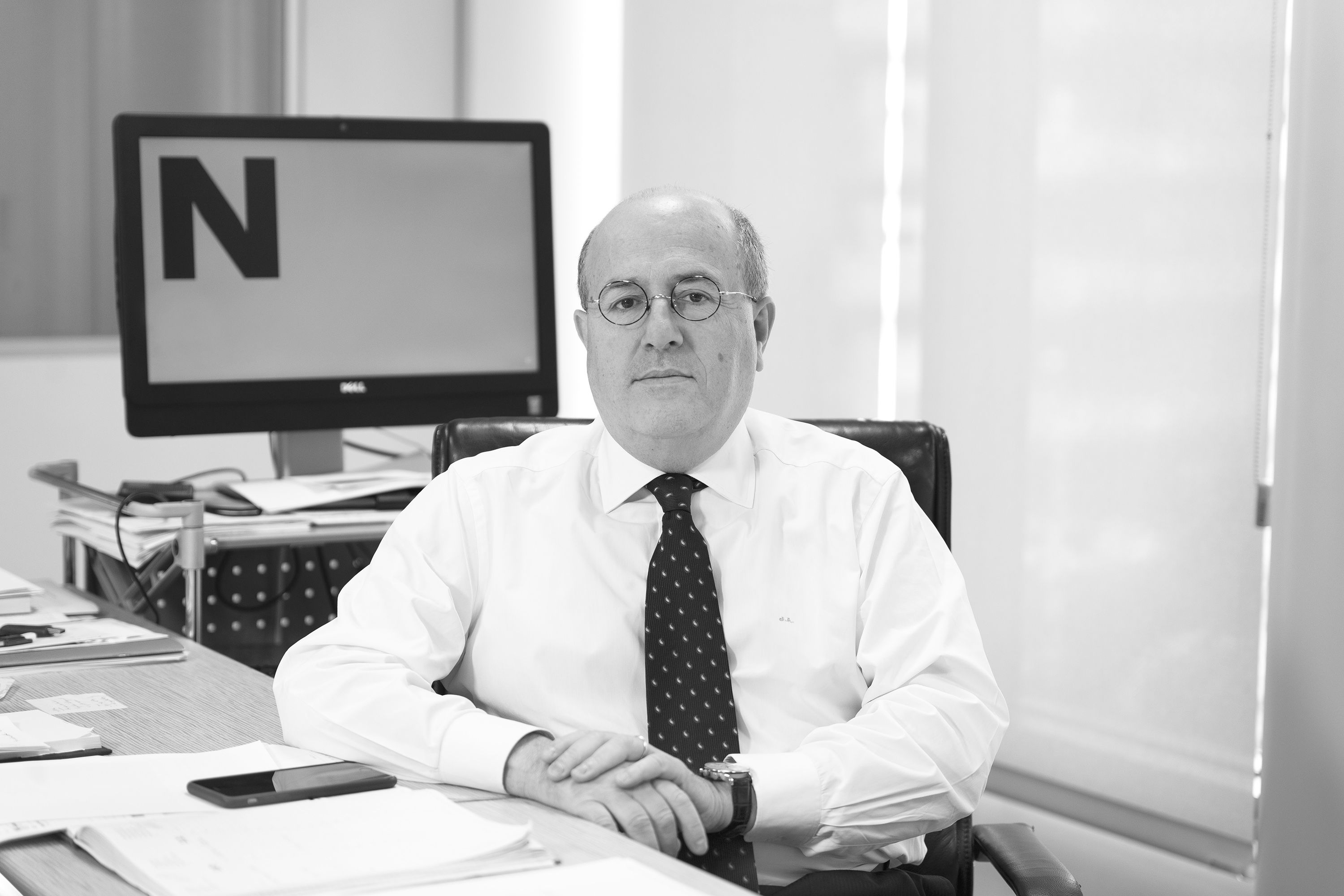After following as closely as possible the testimony of the nine political prisoners jailed by the Supreme Court and the other three members of the Catalan Government (Mundó Borràs and Vila) granted bail, one cannot remain indifferent, whether you support independence or not, facing the flagrant violation of the most basic rights. Starting with the deprival of freedom based on the accusations of rebellion and sedition which both public prosecutors and the state's lawyer have given up on tackling during their questioning. If one was unaware of the serious accusations the accused are facing, with requests for more than 200 years in prison in total, you could end up thinking, hearing the questions from the public prosecution, that we're watching a trial for public disorder, for disobedience or even on the consequences of encouraging people to gather at polling stations.
Everyone can have their own opinion on the events of September and October 2017. But then there are the facts. The truth. And over these days we've heard about tweets, retweets, emails, websites, even a botifarra (Catalan sausage) party this Tuesday, and we've watched, astonished, a lack of rigour in questioning, with a concatenation of errors in the questions to make you cringe. How to understand this if not by prosecutors' ignorance of the use of new technologies? The experts say that the rebellion will be proven in the end by the Civil Guard officers and witnesses set to appear at the request of prosecutors. Perhaps, I don't know. What's certain is that, from what we've seen so far, the most logical thing would have been to grant the political prisoners bail and for them to have been able to go through the hearings process from a different situation. Logically that hasn't happened, nor was it expected to. It would mean recognising the evidence: the case is falling apart.
This Tuesday, the president of Òmnium Cultural, Jordi Cuixart, and the Parliament's speaker, Carme Forcadell, testified. The first has spent 498 nights in provisional detention; the second, 341. Both testimonies were hotly anticipated: the unheard of imprisonment of a social leader and the president of an organisation which resisted the onslaught of Francoism, and the second, because she confined herself to giving a voice to the representatives elected by the public. Both have also received very notable international support for their unheard of pretrial detention. Cuixart's remarks were very politically powerful, radical in their language; he was dignified and upright in his answers. Like when he said, at the very start, that his priority is no longer to leave prison, but to solve the conflict between Catalonia and Spain. It gives you goosebumps that, after a year and a half of unjust pretrial detention, he should face the trial with such integrity.
However much prosecutors insisted on accusing him over things which weren't his responsibility and without any evidence, Cuixart resisted and denounced the attack and the violation of freedoms in Catalonia and the Spanish state. Or when, talking about the demonstration in front of the economy ministry, he expressed an obvious truth: "When the Civil Guard carries out a search, they block the street. On 20th September they didn't and, moreover, they left their cars alone and with their weapons inside". It doesn't seem very normal, no. Or, at another point: "In Catalonia, the 12th October [day of 'Spanishness', akin to Columbus Day] isn't celebrated, the day of the race, that genocide in Latin America". It's not strange that by the end of that single day, 4000 new members had signed up to Òmnium.
Carme Forcadell took refuge behind the basic rules of the parliamentary system: in a parliament everything is up for discussion. The same argument for which the speakers of legislative chambers around the world have given her support, as well as 500 MPs from 25 countries, and sufficient reason for, for example, the speaker of the House of Commons, John Bercow, to state recently in response to a question from Welsh MP Hywel Williams that Westminster could perfectly well debate Welsh independence without that leading to criminal responsibility, whilst praising speaker Forcadell. London and Madrid. Democracy as a frontier.

